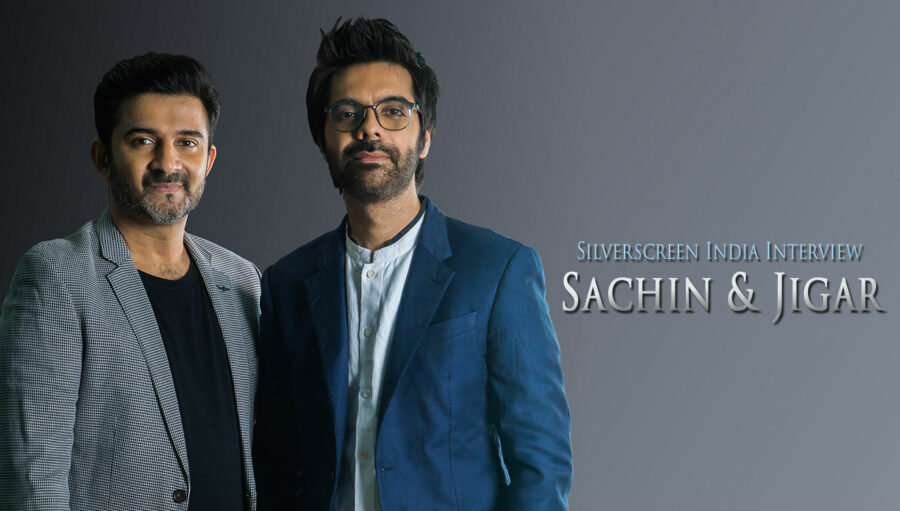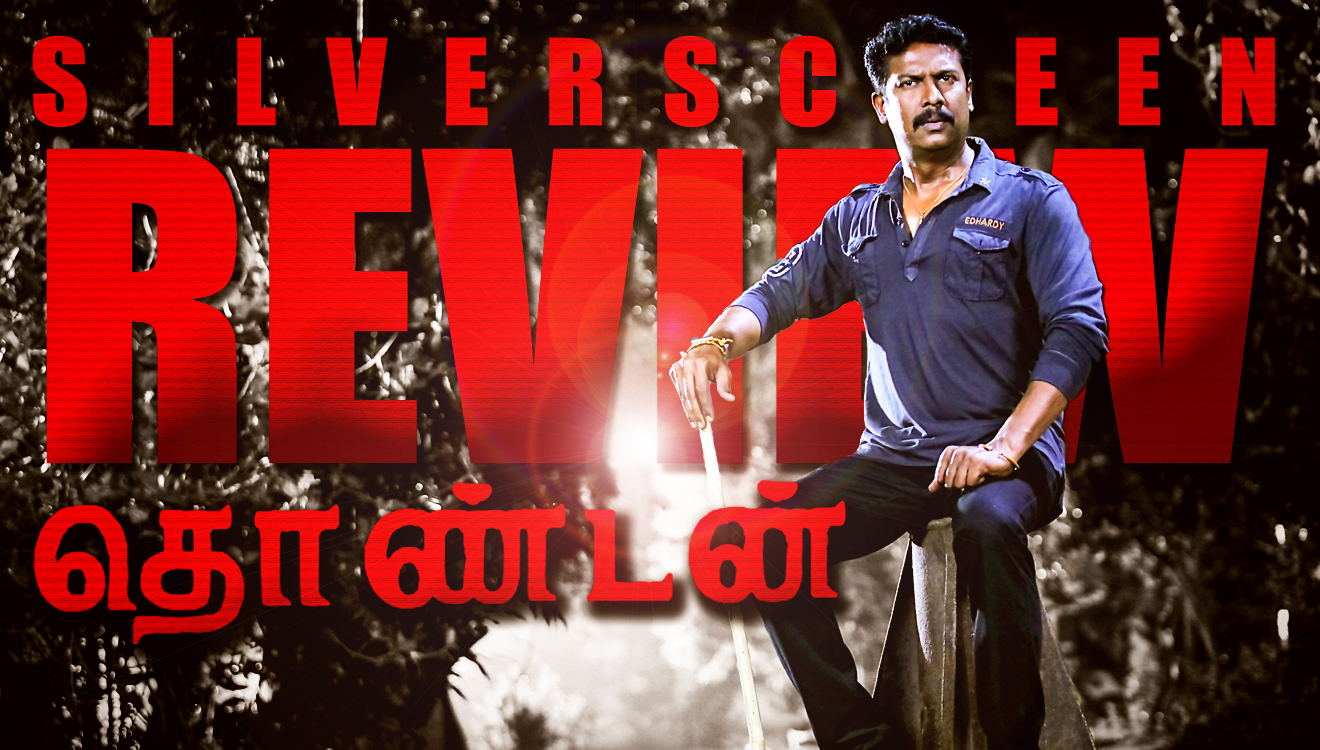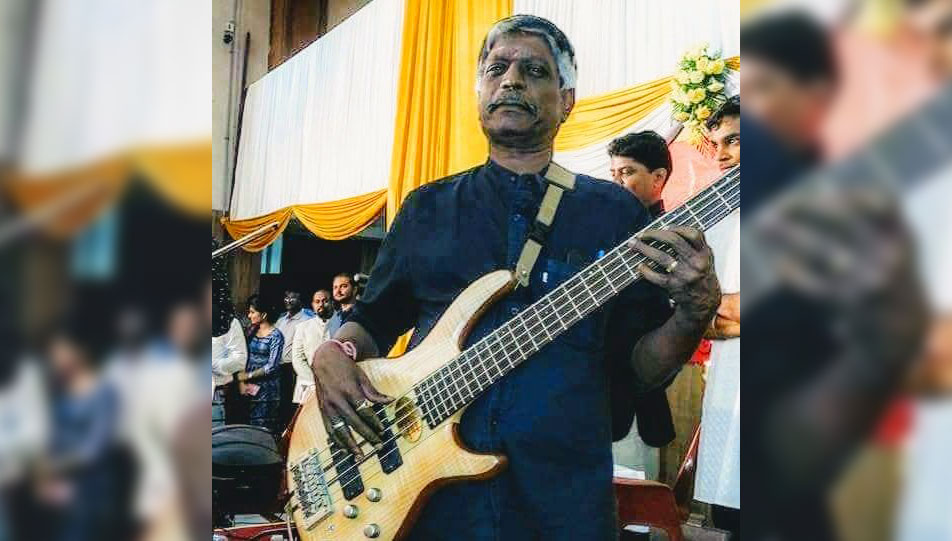Sachin and Jigar, the music composer duo who recently composed the music for the Arjun Kapoor-starrer Bhoot Police, feel the pandemic has enabled musicians to be less dependent on the Hindi film industry, which is no longer the only means of sustenance for musicians in India.
The duo has been composing together since their break in 2011 with an 11-song soundtrack for Remo D’Souza’s F.A.L.T.U. They have provided the music for popular Hindi films such as Shor In The City (2011), Go Goa Gone (2013), Badlapur (2015), Parmanu: The Story of Pokhran (2018), and many more.
While the duo has composed music for films of several different genres, Sachin says he feels most excited about composing for dance films. Jigar, on the other hand, feels every genre is a challenge due to the commercial pressure. “Sometimes, you want to be very artistic but also have to keep in mind the commercial value attached to the film,” he says. There is thus cause to celebrate the fact that musicians can now work outside the confines of cinema.
In this conversation with Silverscreen India, Sachin-Jigar talk about how the pandemic has changed the music industry in the country, the importance of independent music, especially for up and coming artists, their recent single Nahi Jaana, and more.
The Covid-19 pandemic has had an effect on every industry across the world. How has it affected the Indian music industry?
Sachin: “I think the Covid-19 pandemic has taught musicians that you are only as good as your fan base. You cannot wait for a film or commercial opportunity to display your talent; every musician needs to reach out to their fans as an independent person. While we are indebted to the Hindi film industry as a duo, it became clear that it is not the only way to get recognition. Several new artists came up during the pandemic and found their own audience. Musicians have become less dependent on the Hindi film industry now after realising that they can shine even without its help.”
So, should artists focus more on creating independent music?
Jigar: “Any artist should first focus on music and then the medium through which they want to showcase it. Nowadays, it has become easier to find platforms. Your first song might not get many views, but you have to keep trying till you find your audience. Artists need to understand that film music is not the be-all-end-all, it will not necessarily make you famous. In fact, your independent music can bring you that recognition and eventually make all the films you work on famous.”
Speaking of independent music, can you tell us how your recent single, Nahi Jaana, which is meant as a tribute to frontline workers, was conceived?
Sachin: “The song was actually conceived as a very melodious love song. Later, we decided we wanted it to be a tribute to frontline workers. But we did not want to make it a preachy tribute. We wanted to show the personal lives of the frontline workers and how they and their families have sacrificed so much for us.”
Jigar: “Along with that, it is also our step towards making a mark in the independent music market so that in the future, no artist has to depend on big labels or a third person in order to put out their music. It may not be on everyone’s playlist, but if some people give it a listen, that is still a win. That was also the message we wanted to give to other artists through this song.”
What do you feel about the new trend of artists coming up from social media platforms like TikTok and Instagram Reels?
Sachin: “These social media platforms are, in a way, empowering artists. I remember when reality shows would churn out artists like Sunidhi Chauhan and others. Rajesh Roshan sir had told Rakesh Roshan at that time that a lot of new artists were budding and we needed to take note. Now, these newer platforms are bringing that same recognition to those who might never otherwise get it. These people can take out their smartphones, make a 5-minute content, and see their life completely changing because of that.”
Jigar: “It definitely takes talent to make an impression on the audience in 15 seconds. But I look at Tiktok and Instagram reels as entertainment more than art. That being said, even Sachin and I have to constantly evolve and might eventually learn to do this as well.”
How have you and your music evolved over the years?
Jigar: “Evolution is inevitable in this business. We constantly try to do something that we have not done yet. But at times, we also decide to go back to the music of 80s or some other time just to touch upon things we are yet to try, and in my eyes, that is also a way to evolve.”
Sachin: “Jigar and I have evolved as individuals, I feel. We work with a lot of first-time directors and working with them is like a make-or-break situation. The panic we go through to make those projects work, the success, and even the failure has helped us evolve.”
How different has it been to compose music for OTT projects as opposed to big theatrical releases?
Jigar: “Unfortunately, we have not yet composed for a film which was conceived for OTT. So all the music we’ve made so far has been done with theatres in mind. But of course, the songs and music will differ because the outlook of both platforms is different. The audience is different for every platform, and even from OTT to OTT. Apart from the approach, the number of songs will also be different. We have to get there to actually understand how different it will be.”
Which genre of cinema would you say is the most difficult to compose music for?
Sachin: “Personally, for me, working on dance films like ABCD is exciting and it is also a challenge. The background scores and the songs have so much music and movement involved. It is our job to make sure every movement of the performer is captured in the music that we make. A lot of hard work has to go into doing that.”
Recommended
Jigar: “Composing for any film is a task. We have to get to know the characters, understand what the director’s view is for that character, and on top of that, we need to keep in mind how the audience will perceive the character. So it is a big challenge to score the music and also be happy with it. Sometimes, you want to be very artistic but also have to keep in mind the commercial value attached to the film.”
Sachin: “And sometimes, even if the genre is the same, the music will be different. For example, Stree and Bhoot Police are both horror comedies, however, the films have such different music. It depends on what kind of music the producers and directors want. And it is definitely a task to follow all their directions and also make the music unique.”
What is in store for you in the future?
Sachin: “We have composed music for around four Gujarati films, five Hindi films, and also made a ton of independent music. All of these will be released soon.”



